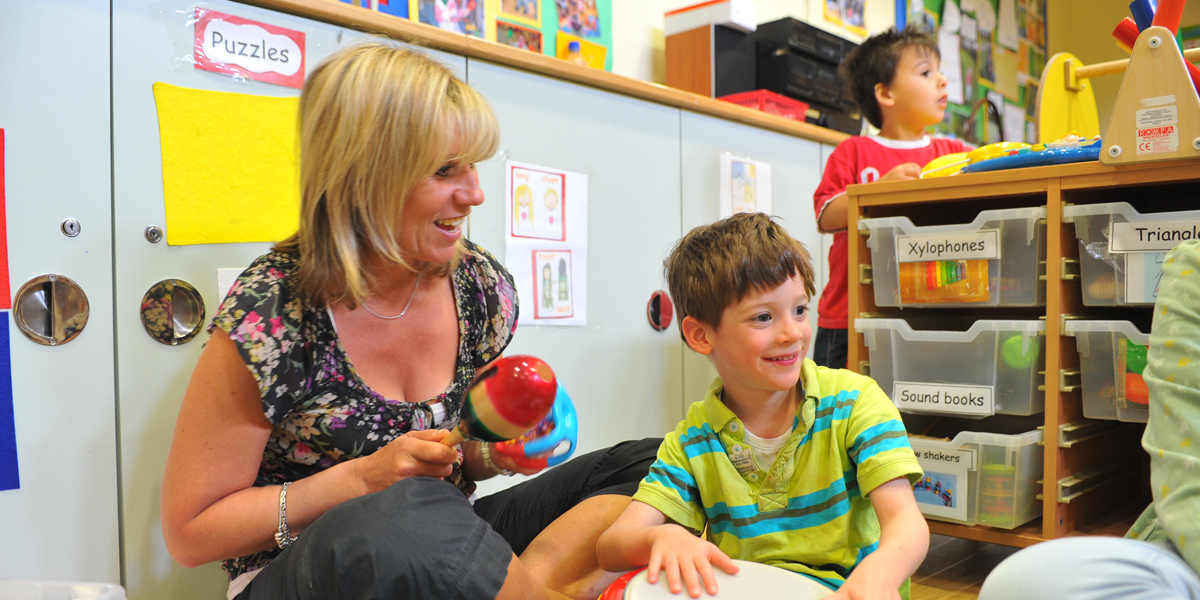Access to education
Anna Bird is right to highlight the glaring employment gap between disabled people and the working age population as a whole. While the number of disabled people in employment has increased in recent years, as a country, we continue to...
Anna Bird is right to highlight the glaring employment gap between disabled people and the working age population as a whole. While the number of disabled people in employment has increased in recent years, as a country, we continue to miss out on a huge pool of talent.
This makes no sense for anyone. Not for business, in a tight labour market, and facing further pressures on recruitment and retention as access to EU workers is restricted. Not for disabled people, who want to work, but too often face discrimination, rejection, and a failure to remove the barriers they face to employment. And not to the public purse, which loses out on the potential contribution disabled workers could make to our economy.
In the face of this, the government’s ambitions are woefully limited – and shrinking. In 2015, the DWP aimed to halve the disability employment gap by 2020. Two years later, that aspiration had been scaled back to get 1 million more disabled people into work within ten years. And the plans for achieving even that more modest goal need far more energy, commitment and boldness.
I’d start in the education system, which fails children with special educational needs and disabilities so badly. These children don’t lack ability, yet by the time they come to sit their GCSEs, only 24.2 per cent achieve English and maths A*-C grades, compared to 69.7 per cent of their non disabled peers. Disabled people fare less well in securing good apprenticeships, and are less likely to achieve a first or 2:1 at university. Plainly our education system lacks ambition, and is failing to deliver, for disabled young people.
We need to change our mindset about improving the educational outcomes for disabled children and young people. In my constituency, education, health and care plans are mired in bureaucracy, and hamstrung by scarce resources. Instead, we ought to be investing in raising the attainment of these children and stretching them to reach their full potential.
That requires a determined focus on practical actions that we know will make a difference. It means improving teacher training, including for the majority of staff who will encounter disabled students, not in special schools, but in mainstream settings. It’s about maximising use of assistive technology, and the opportunities that technology offers to design tailor-made individualised learning that meets the needs of each student.
It also means improving careers advice and supporting disabled children and young people to choose the subjects that will give them the best career options, encouraging participation in further and higher education, and putting in place sustainable funding arrangements to meet the additional costs disabled students face at university. The disabled students allowance, scrapped by the coalition government, was extremely effective at supporting disabled students to stay in university. Now students face a postcode lottery for support. Sustainable funding should be put in place to ensure they can make the most of their university studies.
Many young people preparing for a career benefit from work experience, industry secondments and internships. Disabled young people should have an equal chance of accessing such opportunities. The public sector can lead the way, as I’ve seen with the supported internship programme run by the NHS in my constituency. The public sector can also use its purchasing power to spread this practice to the private sector. Industry and small business bodies can support SMEs to offer such programmes. And while Access to Work funding for internships and work placements should be available, it’s very unclear how many disabled people in such settings are benefiting from, or indeed, aware of it.
In developing policy to maximise disabled people’s participation in and experience of the labour market, I don’t make any apology for focusing on what our education system needs to do to prepare disabled young people for the world of the workplace. Access to education as a pathway to a good career should be the right of every young person. That’s at the heart of their right to participate, their ability to contribute, and it’s what so many young disabled people (including those I’ve met at conference this week) tell me they dream of.

